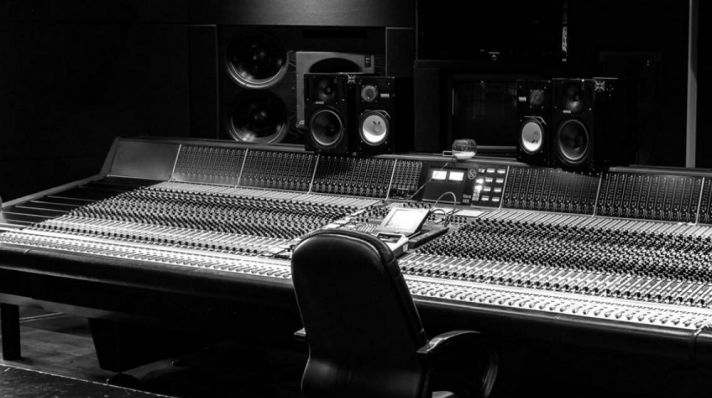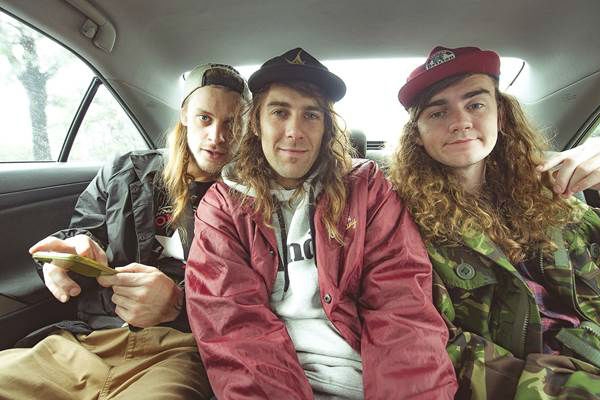Abbey Road Studios. The name alone conjures all sorts of images, but if you talk to anyone who has recorded there, they’ll tell you of the sonic integrity of those rooms and the world-class quality of the equipment and engineering.
It’s a magical space where sound itself is revered and respected. Abbey Road Institute, launched in 2015, is an educational facility designed to impart the highest standard of theoretical teaching and practical application, and it bares the incredibly high standards of Abbey Road itself. With facilities in Melbourne and Sydney, the fast-paced 12 month course concentrates on three main areas: audio engineering and acoustics, music theory and production, management and music business.
“The make-up of the industry has changed so much in 10 or 15 years,” CEO Paul Ledingham says. “It’s resulted in a few changes. I think the role of an audio engineer is very different to what it was 15 years ago. The days when we used to have a producer parked on the couch in the back of the room, an engineer, an assistant engineer, a tape op and studio runners, those days don’t exist anymore.
“If you talk to guys who have been in the industry for 40 or 50 years they’ll tell you their role has collapsed into a combination of producer, engineer and even artist manager in the way they’re working with the acts. And the technology has followed that very, very closely. We don’t use two million dollars worth of hardware to record an album anymore.”
All of these changes mean that the way people are mentored in the industry has changed: the internship or coffee-runner positions that used to be such a common part of the learning experience aren’t there. “No matter how good you are at using plug-ins, the master/apprentice relationship doesn’t really exist these days,” Ledingham says. “If you go to Abbey Road Studios in London, they’ve got 60 or 70 people working there every day, which is unheard of for studios of that size these days, and the median age is over 50. There are people there who have spent their entire career in that building.
“When EMI was acquired by Universal, Universal realised there was this incredible knowledge base stretching back 80 years, but it’s institutionalised. It’s all locked inside one building. How do you take that knowledge base out of this one facility in London, and at the same time recognise Abbey Road Studios and the important role it’s played in music production for the last 80 years? The idea germinated from there.”
Abbey Road Institute Australia is a Recognised Training Organisation (RTO) with the Australian Qualifications and Skills Authority (ASQA), and graduates walk away with an Advanced Diploma of Sound Production. The facilities are purpose built and only for student use, and while the organisation works closely with commercial studios to ensure that students get the broadest exposure to the industry, the campus facilities are reserved exclusively for teaching and learning. VIP tours are available at any time, and the first intake for 2017 begins in March. “It’s very easy to design an educational program against a frame work and say ‘Yeah, it ticks all the right boxes,’ ” Ledingham says. “But does it teach the craft? It was very important to design a program that was integrated, holistic, and actually gave people the skills they need.
“You don’t just do one subject of music production or one subject of microphones. We start by teaching how records are actually made, and then we get students to start recreating tracks from EMI’s archives based on the original production notes. Then we teach them to start making their own productions based on 80 years of knowledge. So it’s not an audio technology course although it has aspects of that, it’s not a music business course although it has aspects of that; what it is is a music production course, day in, day out for a full year.”
By Peter Hodgson







